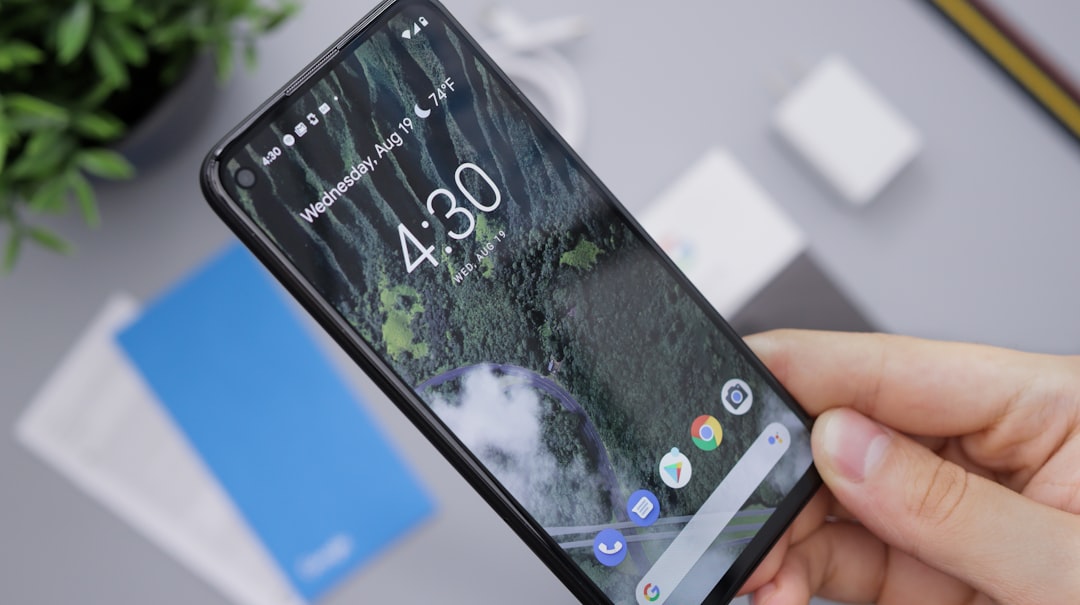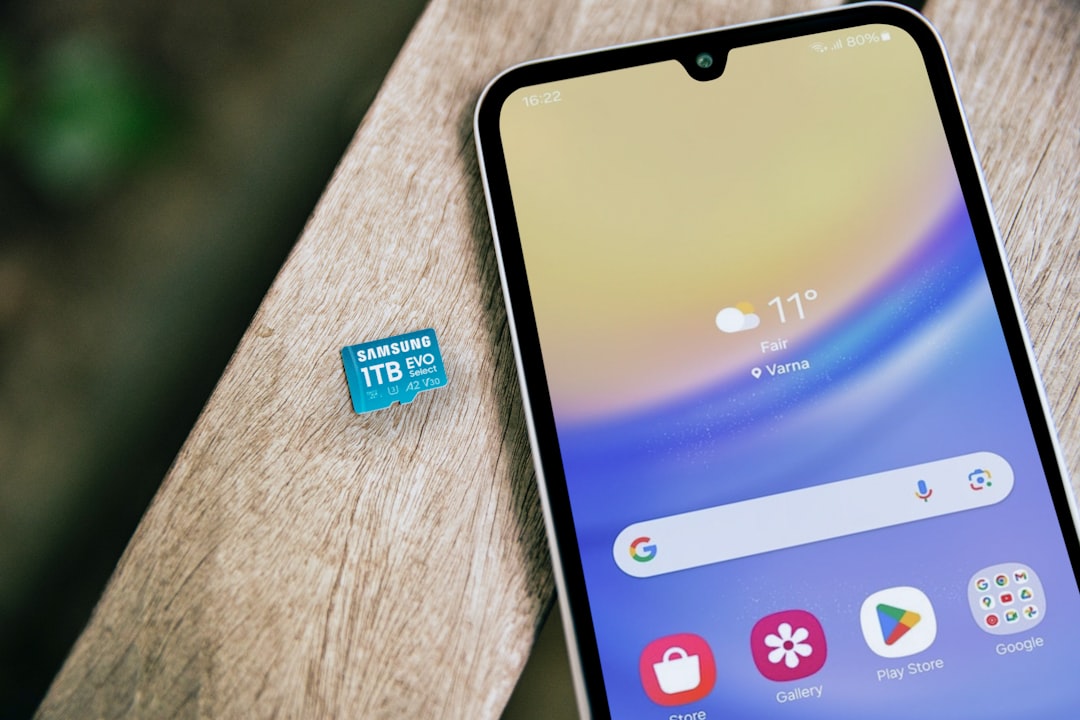In Washington, D.C., strict laws against spam text messages carry heavy fines. A specialized lawyer for Spam Text District of Columbia is vital for businesses and consumers to navigate these rules. Consent is key; explicit permission must be obtained through opt-in methods before sending promotional texts. Ignoring this can lead to legal trouble, with attorneys helping to avoid or defend against spam text lawsuits. If facing such a lawsuit, consult an experienced lawyer for Spam Text in the District of Columbia for guidance and protection of your rights.
In Washington, D.C., understanding consent is crucial when navigating spam text lawsuits. This article delves into the intricate world of spam text regulations in the district, shedding light on the legal definition of consent in communication. We explore how informed consent can shield individuals from legal repercussions and debunk common misconceptions surrounding spam texts. Furthermore, we guide readers on choosing the right lawyer for Spam Text cases, emphasizing the importance of expertise in this specialized field.
Understanding Spam Text Laws in Washington, D.C.

In Washington, D.C., spam text lawsuits have become increasingly prevalent due to stringent laws aimed at protecting residents from unwanted and fraudulent messaging. The District’s Consumer Protection Act prohibits businesses and individuals from sending unsolicited texts that promote goods or services, often referred to as spam text messages. Violations can result in substantial fines, making it crucial for both businesses and consumers to understand their rights and responsibilities.
A lawyer for Spam Text in the District of Columbia is an essential resource for navigating this complex legal landscape. These attorneys specialize in interpreting local laws and ensuring compliance to protect clients from unnecessary legal repercussions. They also play a vital role in representing victims of spam text messaging, helping them recover damages and hold perpetrators accountable through litigation if necessary.
The Legal Definition of Consent in Communication

In the context of communication law, consent is a fundamental aspect that often determines the legality of certain actions, especially in spam text lawsuits. The Legal Definition of Consent refers to an agreement or permission given by one party to another, allowing specific interactions or activities to take place. When it comes to text messaging and telemarketing, this consent must be explicit and voluntary. A lawyer for Spam Text in the District of Columbia will emphasize that without clear consent, any form of unsolicited communication can violate consumer rights.
In Washington, D.C., as in many jurisdictions, there are strict regulations regarding commercial texts to ensure consumers’ privacy and autonomy. Consent is typically obtained through opt-in methods, where individuals actively choose to receive marketing messages from a particular sender. This could be in the form of signing up for newsletters, subscribing to text lists, or providing contact details with clear indications of consent. Any communication without such explicit permission can lead to legal repercussions for businesses and even individuals found guilty of spamming.
How Consent Can Protect You from Lawsuits

In the complex landscape of digital communication, consent stands as a robust shield against potential lawsuits related to spam text messages in Washington, D.C. When individuals or businesses obtain explicit permission from recipients before sending promotional or informational texts, they significantly reduce their legal exposure. This simple yet powerful act of obtaining consent can protect you and your company from costly lawsuits and reputational damage.
Having a clear consent mechanism in place ensures that every text message is sent with the recipient’s knowledge and agreement. It empowers individuals to control their communication preferences and reduces the likelihood of misconstrued messages leading to legal disputes. If you’re facing spam text lawsuits or want to fortify your defenses, consulting a specialized lawyer for Spam Text in the District of Columbia can provide tailored guidance and ensure compliance with local regulations.
Common Misconceptions About Spam Text and Consent

Many people hold misconceptions about spam text messages and consent, which can lead to misunderstandings in legal cases. One common myth is that receiving a text message constitutes implicit consent for marketing purposes. However, this isn’t true; consumers have the right to refuse unsolicited texts and expect their privacy to be respected.
Another misconception is that only aggressive or deceptive tactics constitute spamming. In reality, any unwanted text messages that promote goods or services can fall under this category. If you’re seeking legal counsel regarding a potential spam text lawsuit in Washington, D.C., consult with an experienced lawyer who specializes in these matters to understand your rights and options.
Choosing the Right Lawyer for Your Spam Text Case

When facing a spam text lawsuit in Washington, D.C., selecting the right legal counsel is a pivotal decision. It’s crucial to find an attorney who specialises in telecommunications law and has a proven track record of handling similar cases. Look for someone with experience navigating the nuances of the DC laws surrounding unwanted text messages and consent.
A competent lawyer will guide you through the legal process, ensuring your rights are protected. They should possess strong negotiation skills to resolve cases out of court, as well as the ability to litigate if necessary. With their expertise, they can help build a solid defence, gathering evidence and crafting arguments to challenge the validity of the lawsuit or secure a favourable settlement. Choosing the right lawyer for your spam text case in Washington, D.C., could make all the difference in outcome and resolution speed.






